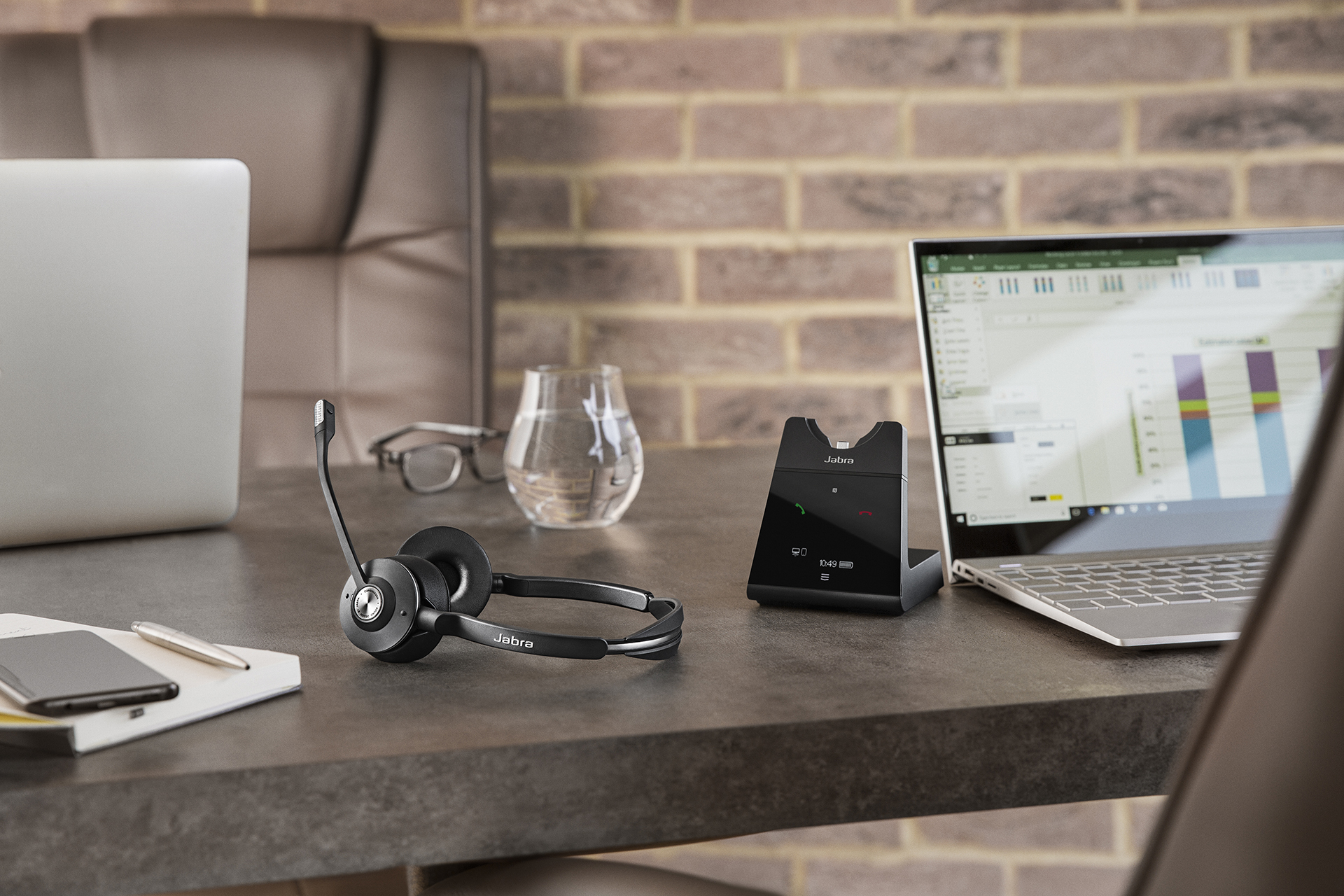"You don't know, what you don't know, until you know it" insights from a bookkeeper
In a world where change is the only constant, the role of a bookkeeper has undergone significant evolution. Cradle sat down with 5 Star Admin founder and director, Tara McGowan who has more than 20 years of experience in the industry.
Peas and carrots make for good soup
Tara McCallum McGowan knows the bookkeeping industry inside out.
“My business is very bespoke,” she says, now settling in her own business she’s founded, 5 Star Admin.
“My business works around training, construction, and e-commerce businesses. It can be anything from a data review of their software right through to facilitating daily bookkeeping or reconciliation,” she says.
Talking about the relationship between accountant and bookkeeper, she says while they’re both very unique roles, she couldn’t do her job properly without a good robust accountant working alongside her clients.
“I have a very harmonious relationship with the accountant because as a bookkeeper we’re not able to provide financial advice. We may spy something that looks a bit questionable or something that someone needs to look at in greater detail but as a bookkeeper our role is to point out red flags and questions for the accountant,” she says.
“Whilst we are peas and carrots we do make an awesome soup and do always see there being a collaborative relationship between an accountant and a bookkeeper.”
Opening up about the noticeable shift towards autonomy among bookkeepers, Tara notes how much change was accelerated by the pandemic. "I’ve found a lot more bookkeepers working autonomously," she shares.
In this new era, Tara says the importance of establishing yourself with a robust network of contacts and resources is paramount. She emphasises the importance of community-building through platforms like the Institute of Certified New Zealand Bookkeepers Association, and community groups where professionals can collaborate and stay updated. There’s one motto that has stayed with Tara since she started in this industry, "you don’t know what you don’t know, until you know it.”
One striking aspect of Tara's insights is her emphasis on collaboration over competition within the industry. "This is an industry where you can always up skill," she says, underscoring the collective growth mindset that drives innovation and success.
Reacting responsively
From a business operational standpoint, Tara notes that while much remained unchanged with the advent of COVID-19, there was a heightened need for responsiveness to clients' evolving needs.
"It was more about setting them up with systems that meant their business still had the ability to perform seamlessly.”
Setting up check-ins as part of their staff checks was a big part of Tara’s work during covid, but it actually represented something bigger between bookkeepers and their clients.
“Being responsive to clients as a bookkeeper is crucial because it builds trust and strengthens relationships,” she says.
“Prompt communication shows clients that their needs are valued and that you're committed to providing excellent service. It also allows you to address any issues or concerns in a timely manner, helping to ensure the smooth operation of their business and fostering long-term partnerships.”
Contributing to the ability to respond reactively is the impact of technology, which has played a pivotal role in facilitating more streamlined processes.
Despite the upheavals brought about by the pandemic, Tara noticed that from an internal technological standpoint, not much changed. However, there was a noticeable shift in communication styles. And a big part assisting in that, is what’s in her tech stack.
“Platforms like Xero have played a pivotal role in keeping businesses afloat. It facilitates real-time visibility into cash flow and aiding in crucial tasks like COVID loan applications,” she says.
One of the silver linings Tara observed during the pandemic was the opportunity for business owners to focus on strategic growth initiatives. Through advisory and implementation support services, she helped clients leverage technology to enhance efficiency and productivity.
“What I’ve found with my advisory and implementation of support services was that business owners perhaps weren’t able to work on the tools but they were able to work on their business during that period. So I took this as a real opportunity to ask businesses, ‘Hey, is the technology you have working for you? Can we look at a health check to review it and confirm it’s being used at its full capacity? Can we be doing something better strategically from a growth perspective? Do we need to consider the next step from software that you’re using within the team?”
Tara says this is something every business should be asking themselves every year illustrating the transformative power of technology in driving business evolution.
Embracing Automation and Integration
Tara highlights the growing trend of automation and integration using APIs (Application Platform Interfaces), particularly with bookkeeping specific tools like Hubdoc.
“By combining Hubdoc with its many API’s, we’ve seen a surge in API usage and open-source development.” she says.
This means businesses can get as much automation not only for themselves, but also for clients.
“It’s enabling us to look at things like their Profit and Loss and we can say hey do you know your expenses for the last three months are on entertainment or on printing and stationery, so we can start spending time helping them work through some of the things we think are important for monitoring,” she says.
In a post-pandemic landscape, Tara notes that clients have become more conscious of their day-to-day operations and financial health. With economic uncertainties looming, businesses are increasingly turning to bookkeepers for forecast reporting and data analysis to navigate the challenges ahead.
“We’ve got that dreaded recession word that keeps floating around and a lot of small businesses are looking at their operating expenses and thinking what can i do with the business to keep the cash flow positive. So they’re looking at automated forecast reporting and software analysis that enables them to go through data with their accountants, and what’s necessary”
Equipping for Success in 2024
Looking ahead, Tara outlines the essential elements every bookkeeper needs to succeed in 2024. Maintaining a strong support network, staying abreast of industry changes, and upskilling are paramount.
"It’s great to be a part of a membership association to educate us on new software and products," she says, underscoring the importance of continuous learning and adaptation.
Quick fire questions
What are your top 3 apps?Xero. XPM and Hubdoc. They enable me to catch email comms and messages. It keeps a transactional record of what I’m communicating with my clients.
What does the bookkeeper of 2024 need?A good support network that enables you to maintain good relationships with suppliers, accountants and software companies. You also need to keep on top of your skillset - maintaining your CPD points and keeping up to date with the latest IRD information is very important.
Share this
You May Also Like
These Related Stories

It’s not your Wi-Fi connection.. It’s your shoddy headphones!

Breaking Down the TPB Code Determination: What Tax Practitioners Need to Know
